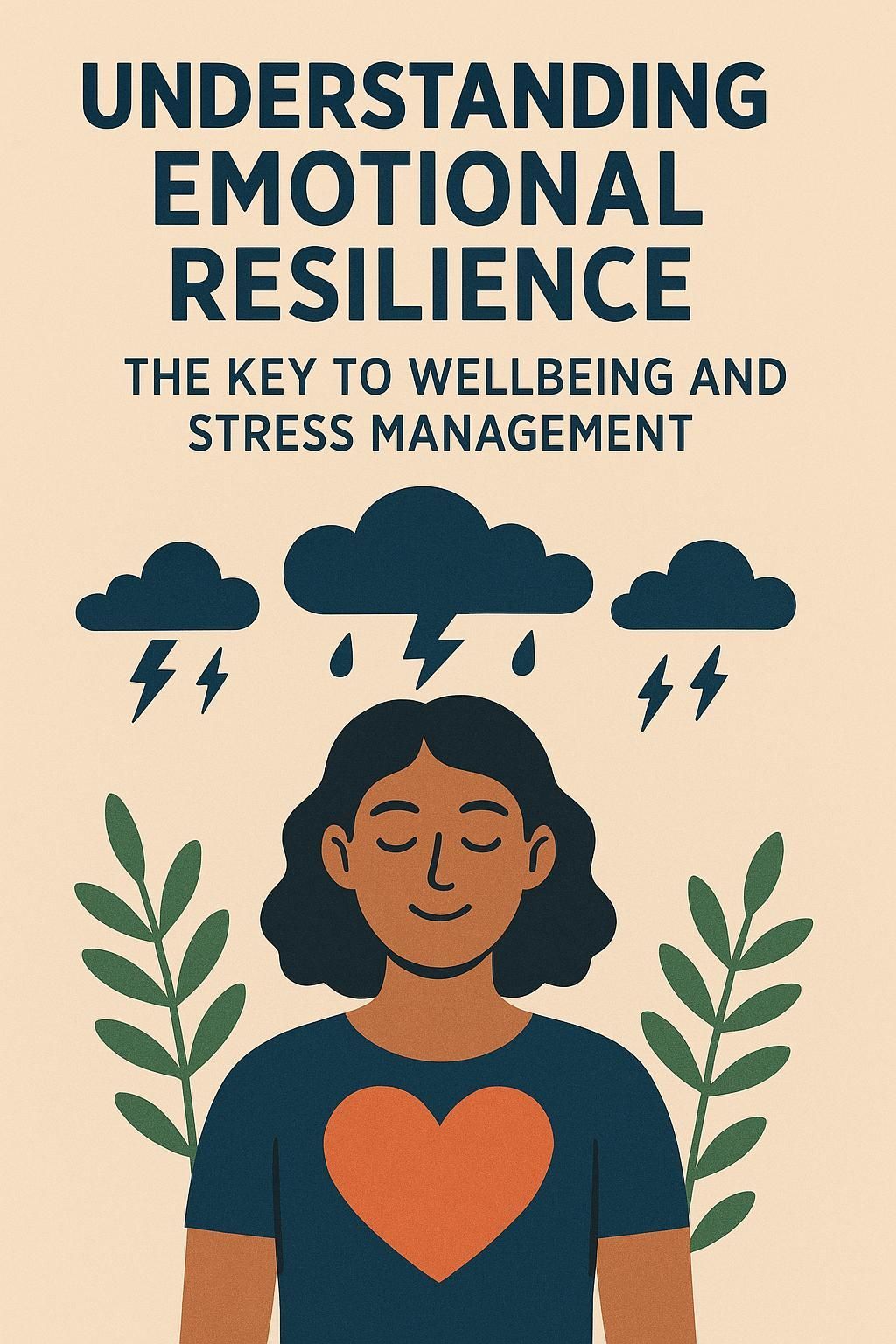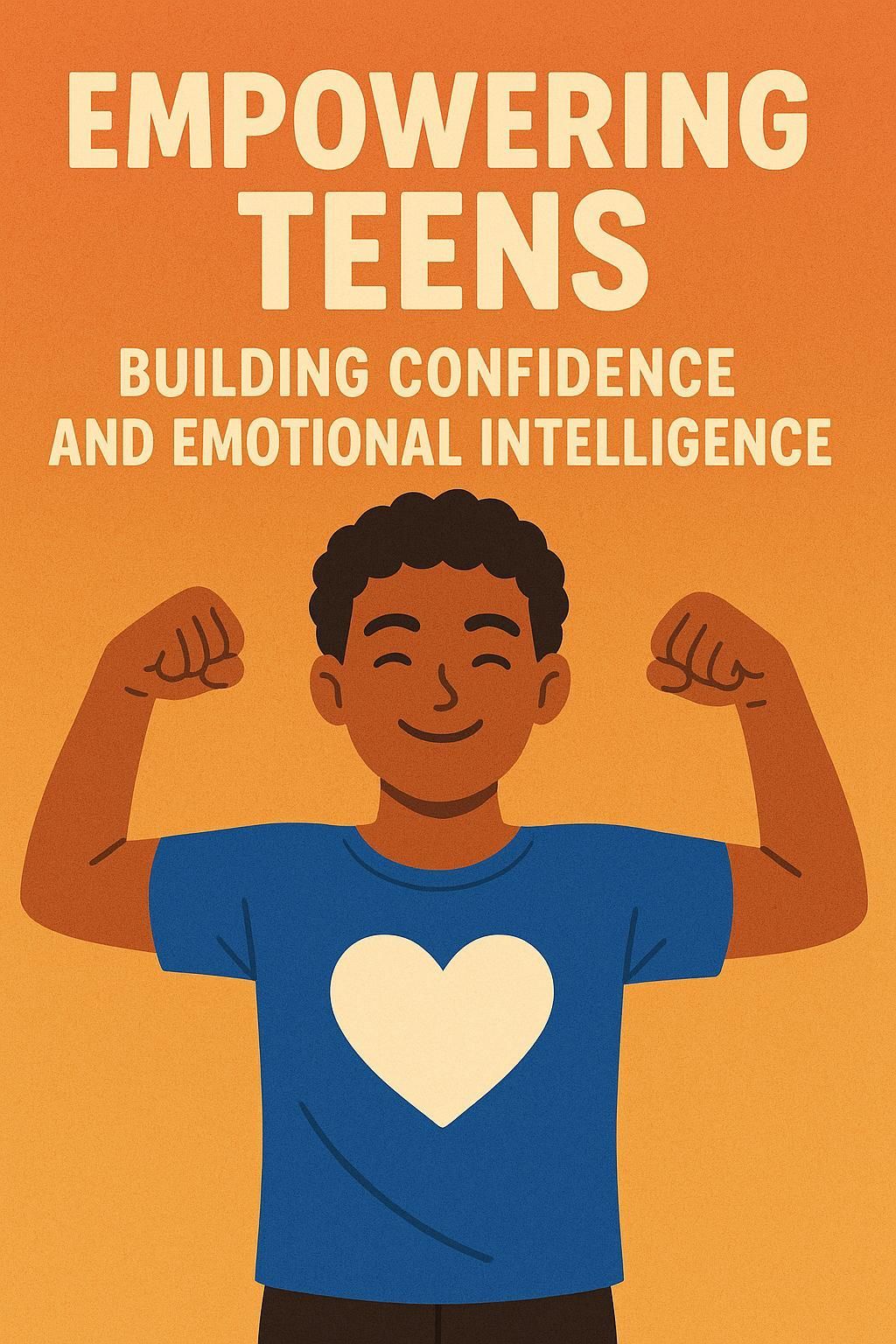
Breaking the Chains: Innovative Approaches in Depression Therapy
Are you battling with depression, longing to rediscover the essence of who you are?
The journey might feel like an uphill struggle alone, but you're not without support. Psychologists, counselors, and other mental healthcare professionals are continuously exploring groundbreaking therapies to help individuals like you.
In this blog post, we explore innovative depression therapy techniques to help you overcome depression.
What is Depression?
Depression, also known as major depressive disorder (MDD) or clinical depression, is a common and serious mental health condition that affects how a person thinks, feels, and behaves and can significantly impact various aspects of life, including work, relationships, and overall well-being.
Key features of depression include:
1. Persistent Sadness: Individuals with depression often experience a pervasive and prolonged sense of sadness, emptiness, or low mood that persists for most of the day, nearly every day.
2. Loss of Interest or Pleasure: Anhedonia, or a diminished ability to experience pleasure or interest in previously enjoyable activities, is a common symptom of depression.
3. Changes in Sleep Patterns: Depression can lead to disturbances in sleep patterns, such as insomnia (difficulty falling or staying asleep) or hypersomnia (excessive sleepiness or prolonged sleep duration), even though individuals may feel tired or lacking energy.
What are Examples of Traditional Depression Therapy Approaches?
Traditional depression therapy techniques include a range of evidence-based approaches that have been widely used in clinical settings.
Here are some examples:
1. Cognitive-Behavioral Therapy (CBT): Cognitive Behavioral Innovations like CBT is one of the most common and extensively researched forms of therapy for depression.
It focuses on identifying and challenging negative thought patterns and beliefs and teaching coping skills to manage symptoms.
2. Interpersonal Therapy (IPT): IPT is a structured, time-limited therapy that targets interpersonal issues that may contribute to depression.
It helps you improve communication skills, address relationship conflicts, and navigate life transitions.
3. Dialectical Behavior Therapy (DBT): DBT integrates cognitive-behavioral innovations with mindfulness and acceptance-based strategies.
It focuses on teaching skills to manage emotions, tolerate distress, improve interpersonal relationships, and enhance mindfulness, making it effective for treating depression, particularly in individuals with emotional dysregulation and self-destructive behaviors.
Innovative Depression Therapy Techniques for Mental Health Breakthroughs
Depression treatments have advanced and evolved, and innovative approaches continue to emerge.
Here are some examples:
Mindfulness-Based Cognitive Therapy (MBCT)
MBCT combines cognitive therapy techniques with mindfulness strategies.
It helps you recognize negative thought patterns associated with depression and teaches you to develop more adaptive responses through mindfulness-based interventions.
Acceptance and Commitment Therapy (ACT)
ACT emphasizes acceptance of difficult thoughts and feelings while encouraging you to take actions aligned with your values.
It helps you develop psychological flexibility and resilience in the face of depressive symptoms.
Digital Mental Health Solutions
There's a growing field of digital tools and applications designed to support depression therapy.
These include online cognitive-behavioral therapy (CBT) programs and virtual therapy platforms that provide access to therapists remotely.
Activity Therapy (Expressive Arts Therapies)
These approaches use creative processes such as painting, music, dance, and drama to help you explore and express your emotions, enhance self-awareness, and cope with depressive symptoms.
Innovative and Traditional Depression Therapy Approaches in Dallas, TX
At Beckloff Behavioral Health Center, our psychologists and counselors use these innovative holistic mental health strategies and approaches to complement traditional therapy techniques, providing you with a range of options to address your depression symptoms effectively.
Schedule an appointment today to get the professional support you deserve.



